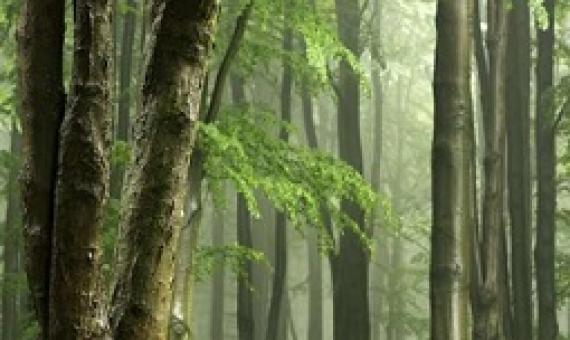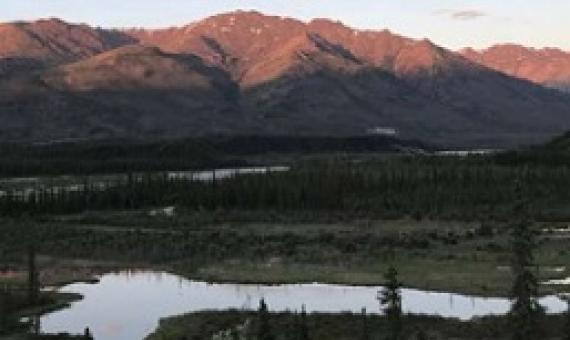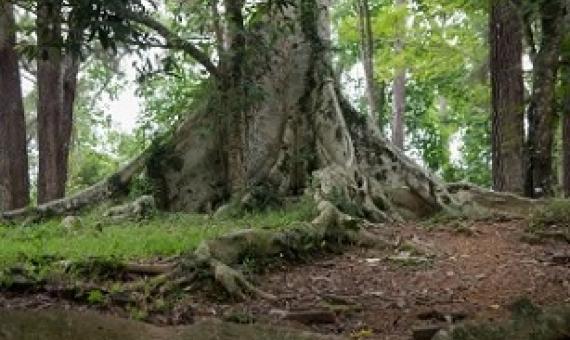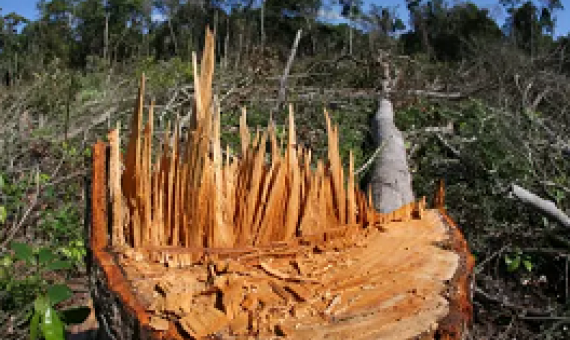In recent years, there has been a rise in foreign and domestic large-scale land acquisitions—defined as being at least roughly one square mile—in Latin America, Asia, and Africa where investing countries and multinational investors take out long-term contracts to use the land for various enterpri
Roughly half of Earth's ice-free land remains without significant human influence, according to a study from a team of international researchers led by the National Geographic Society and the University of California, Davis.
The far-flung islands of the Pacific Ocean were the last scraps of land on the planet to be settled by humans.
Manufacturers claim their products taste like the real thing, have huge ecological benefits and could soon be in our homes...Eshchar Ben-Shitrit, co-founder and CEO of Israeli firm Redefine Meat, said switching to printed meat would have huge ecological benefits.
Global modeling of nature’s contributions to people
The magnitude and pace of global change demand rapid assessment of nature and its contributions to people. We present a fine-scale global modeling of current status and future scenarios for several contributions: water quality regulation, coastal risk reduction, and crop pollination. We find that where people’s needs for nature are now greatest, nature’s ability to meet those needs is declining. Up to 5 billion people face higher water pollution and insufficient pollination for nutrition under future scenarios of land use and climate change, particularly in Africa and South Asia.
A landmark new report from the world’s scientists has warned the pressures humans are putting on land are enormous, unsustainable and are adding to the climate crisis. Link to full article below.











